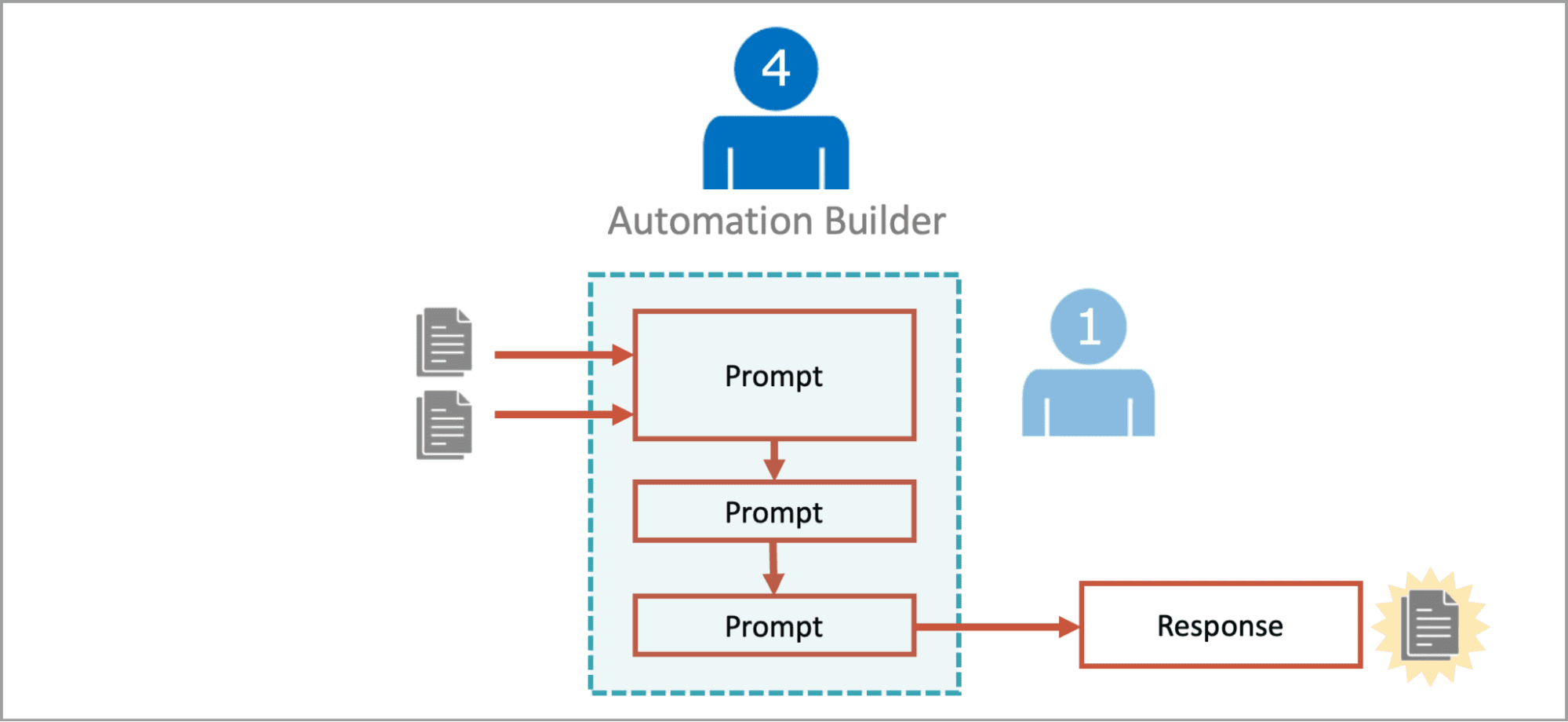coworker forgets the details of what she tells me to do, voicemail greeting says my name in a vulgar way, and more
It’s five answers to five questions. Here we go… 1. My coworker reacts out loud when reading about politics I work at a front desk position at a cultural institution, and usually there is a lot of down time at my job. I love this aspect of the job and usually spend several hours a […] The post coworker forgets the details of what she tells me to do, voicemail greeting says my name in a vulgar way, and more appeared first on Ask a Manager.

It’s five answers to five questions. Here we go…
1. My coworker reacts out loud when reading about politics
I work at a front desk position at a cultural institution, and usually there is a lot of down time at my job. I love this aspect of the job and usually spend several hours a day reading. There are almost always two people on staff, so there are a few different people I will work alongside for the entire day.
One of my coworkers verbally reacts to a lot of things that they are looking at during this otherwise quiet time. This person will laugh abruptly and very loudly, or will make comments into the silence like “oh wow” or “ew, that’s horrible.” Sometimes these reactions startle me, and occasionally visitors to our institution look surprised/startled at this person’s random laughs or comments. For the record, the coworker is often reading political headlines when they make comments like this. I REALLY do not want to talk about politics at work so I do not ever engage or react, despite that totally ignoring it feels weird and rude. I know my politics align with my coworker’s; I have no interest in discussing current events because when we do the conversation is always like, Coworker: “This is awful, isn’t it?” Me: “Yes, I agree this thing is horrible.” Coworker: “How horrible do you think it will get?” Me: “Hopefully not too much worse!” Coworker: “I bet it will get worse.” So, both unproductive and anxiety-inducing.
Is there any way I can curb the out-loud comments? Pointedly ignoring this person doesn’t seem to be having the desired effect.
Yeah, those comments are attempts to draw you into a conversation about what he’s reading; he wants you to ask what he’s reacting to. Maybe he’s not consciously thinking of it as performative, but it is (and I’m sure he’s capable of reading without audibly reacting in other contexts).
You could say: “I don’t know if you realize you pretty frequently react out loud when you’re reading the news. I can’t talk about politics at all right now — frankly I’d rather not even think about it at work — so I’d be grateful if you wouldn’t comment out loud on it.” You could add, “It can be pretty jarring when I’m not expecting it, and I think that last guest was confused because they didn’t have any context” (athough that might be overkill).
Related:
how do I draw the line on political conversations at work?
2. My coworker forgets the details of what she tells me to do
I have been at my nonprofit job for 10 years, and in the past three years an amazing, more experienced senior colleague has taken me under her wing. My career has been vastly improved by her mentorship/collaboration with me, and I feel very grateful for her support and encouragement.
Things have been rough since January because of the executive orders (our nonprofit receives a lot of federal funding) with many people being laid off through no fault of their own, and an intense re-focus on finding non-federal funding. My mentor is taking the lead on this for our topic area and is quite busy and stressed.
My problem is, in the past few months when working on proposals, she will tell me to do something and then forget she told me that a few days later and criticize me for my actions. For example, she’ll say, “Let’s create a table in the narrative highlighting our work in X field” and then a week later will say, “Why did you do that? We don’t want that in here.”
I’m not sure how to push back. I have said, “You told me to put the table in last week” but she doesn’t seem to believe that she said that. I do take notes when we talk but they’re my personal notes, so I’m not sure if it would help to refer back to them when talking to her. It’s incredibly frustrating, and I’m also concerned it’s reflecting poorly on me as an employee, which I really don’t want!
She is truly a kind and helpful coworker who has a lot on her plate right now, so I want to be understanding, but I also don’t want to develop a reputation with her of sloppiness.
Start sending a quick summary email after these conversations, framed as, “Just a quick summary of what we decided in case it’s helpful to refer back to later (and in case this jogs any other thoughts).” In fact, you could even say to her at the end of the next meeting, “We’ve had a couple of times recently where I thought you wanted one thing and you wanted another, so I’m going to start summarizing my takeaways from our meetings so you have a chance to see if there’s anything I missed or misinterpreted.” In other words, it’s not “you are losing your memory from stress,” but rather “this is an additional way to ensure we’re both on the same page.”
And that’s actually true; it’s possible that in these conversations she’s using shorthand and really did mean X and didn’t realize it sounded like Y to you … and so when she sees Y later she’s stumped. Doing a quick run-down of your take-aways is a good way to spot any miscommunications like that. And then if she does forget things she said previously, you’ll be able to say, “Oh, it’s in the summary of our meeting from that day, but I can change it now if you want me to.”
3. Required voicemail greeting is saying my last name in a vulgar way
My company is now requiring us to use the default voicemail greeting which says, in an automated voice, “The party you have called, (name), is unavailable.” The problem is that the text-to-speech not only gets my name’s pronunciation wrong, it pronounces it in a way that is decidedly not-safe-for-work. I’m not talking something like Dick which can be a name or a vulgar term — it’s straight up pronouncing my last name like a vulgar slang term that is definitely not how I pronounce it. What would you advise doing here?
Talk to someone with the authority to waive the requirement for you! Start with your manager if you’re not sure who that is. Say this: “I’m happy to use the automated voicemail greeting, but it’s mispronouncing my last name in a very vulgar way. Could I get an exception to the policy so I can record it myself and not have it mangled into an obscenity?”
4. Asking for a new office chair after a period stain
I need a new desk chair and I’m not sure how to go about out requesting one. I work as a public school teacher at a middle school, and recently proctored state mandated testing. The first morning of testing, I got my period and it was heavier than I have experienced in years. While I used a pad, within the first hour of testing I was aware that I needed to change it. I called for support, so I could excuse myself. No one answered and no one was able to relieve me at any point during the three-hour test, and I ended up staining my office-issued chair. Badly.
I’m generally an open person who is period-positive. I work at a middle school, you know? But this was unexpected and embarrassing.
My problem is that I would like to get a replacement chair. This one is damaged and stained. I know there are more chairs available, but I need a script to email our engineer/custodian. He is a kind and helpful person who I respect, but he’s older and this feels deeply personal, intimate, and embarrassing. I know I shouldn’t be ashamed that my body did a normal body thing, but how do I deal with this? They will see the stain. What should I say?
Be matter-of-fact, but you also don’t need to get into details! “Unfortunately my chair got badly stained and I would like to get a replacement. What’s the process for doing that?” If for some reason you get a response that indicates you’ll need to get more specific (like if he’s like “oh, a lot of chairs are stained and we usually just live with it”), you can say, “This was body fluids so I’d really like to replace it.”
5. Can I leave during a project I’m leading?
I have been at my current company for six years. It has always been fast-paced and given me a lot of opportunities for growth and responsibility. Lately, there has been a shift and I report to a different executive who I do not like. This is not a happy place to be, but work-wise I have never been busier. I am a project lead on a huge project and there is not really anyone who can fill in for me/fill my shoes.
Another company has been aggressively pursuing me, and they’re making it hard to say no to what sounds like a better fit, culture, compensation, and benefits-wise. I would feel guilty leaving in the middle of this project, which will last at least six months. The recruiting company indicated they can’t wait that long. What should I do? Stay somewhere I’m not happy and hope there is something great out there 6-8 months from now, or jump ship and carry a guilty conscience?
Take the other job! This is just a thing that happens in business settings, and it’s normal and common. In many jobs, there’s never a good time to leave and it will always be disruptive; that doesn’t mean that you don’t get to make the decisions that are in your best interest.
Your employer will find a way forward, just like they would do if you were fired tomorrow for, I don’t know, having a massive cocaine stash in your desk or were taken out by a rabid raccoon. They’ll have a period of scrambling, and then they’ll figure it out.
Managers are aware that people can leave and that they might leave at inconvenient times, including during projects they’re leading. That’s just how it goes, and it’s a very normal part of work life.
Related:
are there times when you can’t ethically quit a job?
The post coworker forgets the details of what she tells me to do, voicemail greeting says my name in a vulgar way, and more appeared first on Ask a Manager.























































































































































